Peter Drucker wrote, “Your foremost job as a leader…is to take charge of your own energy and then help orchestrate the energy of those around you.”
Many of us have learned from experience and reflection that emotions play a significant role in impacting our energy and others around us. A leader’s effectiveness is a strong emotional environmental component because emotions are contagious. As a leader, if you’re not aware of your emotions or unable to manage them, they will control you.
A key to great leadership is paying attention to emotions as they happen in yourself and others — then effectively working to understand the situations’ emotions. For instance, if you feel anger over a problem, how do you react? Do you melt down and alienate people? Do you withdraw and stop participating? Recognizing what makes you upset and understanding how you react and how it impacts the situation will help you see patterns. Learning the skill of identifying your emotions and reactions allows you to choose how you respond to people and situations. To live what Dr. Victor Frankl eloquently noted: “Between stimulus and response there is a space. In that space is our power to choose our response. In our response lies our growth and our freedom.”
It’s taken me years to understand how to do this. The main thing is to learn to pause, breathe, and widen the space between stimulus and response. To think about what is the most productive and compassionate way to respond to someone or to the situation. Ultimately, we want to advance goals, minimize discord, and explore ideas, rather than damage relationships. Try it this week — respond more and react less. You’ll be a better leader for it.
By Sonia Layne-Gartside, Compass Business Solutions

